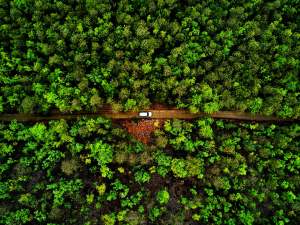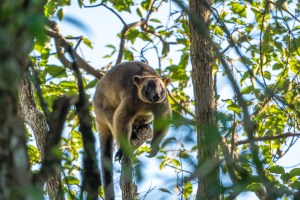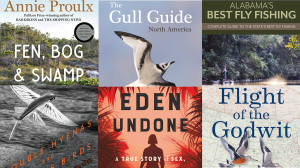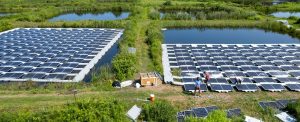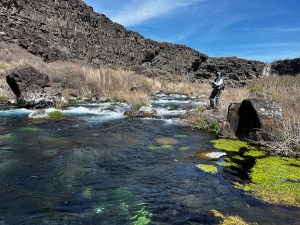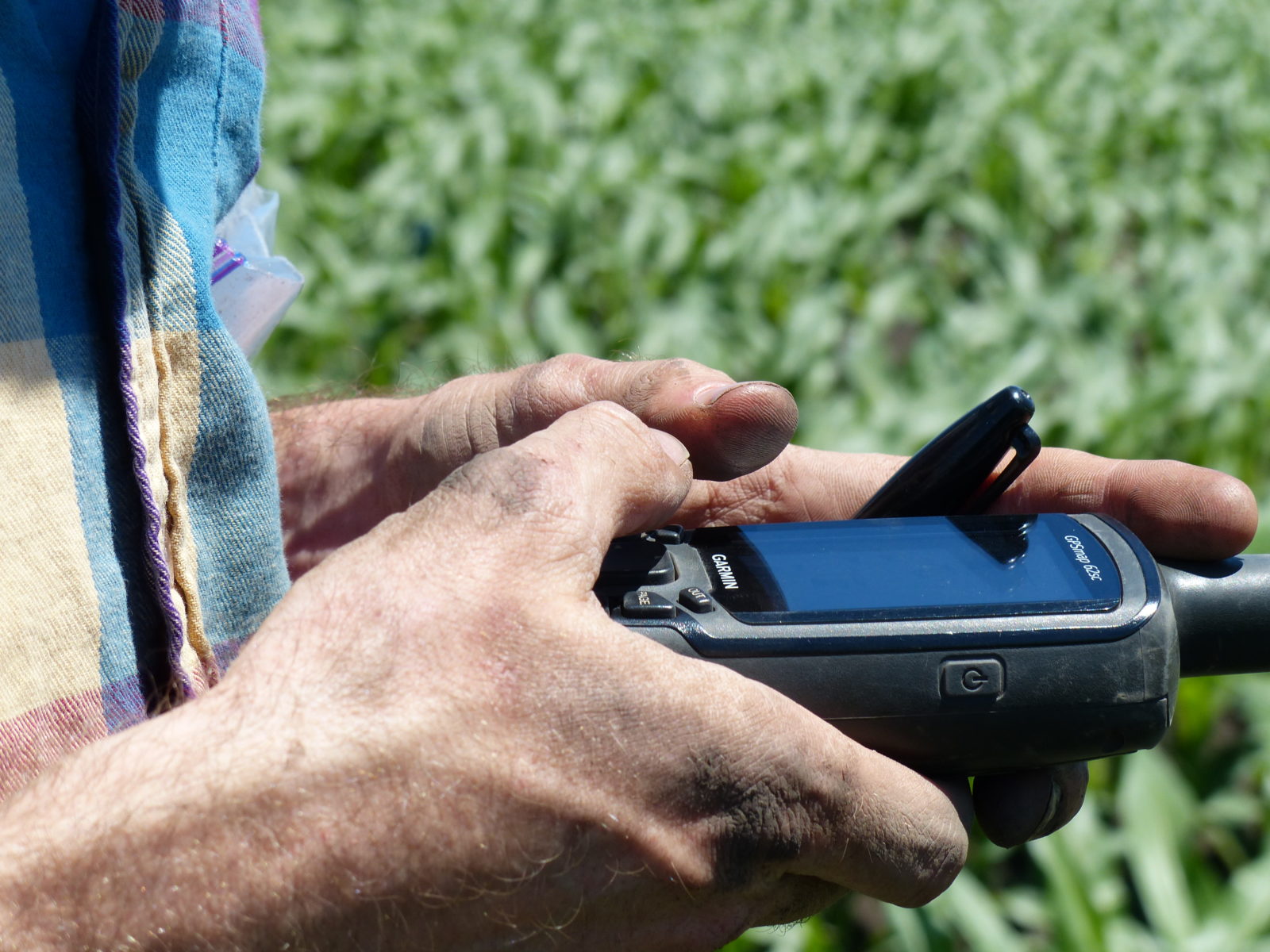
Creating a New Generation of Conservation Science Leaders
Our world faces unprecedented challenges with climate change. NatureNet Science Fellows help solve them.
A pursuit of The Nature Conservancy and leading research universities, the NatureNet Science Fellows program is a trans-disciplinary postdoctoral fellowship aimed at bridging academic excellence and conservation practice to confront climate change and create a new generation of conservation leaders who marry the rigor of academic science and analysis to real-world application in the field.
Research and the Real World
NatureNet Science Fellows work on groundbreaking research to address climate change, the most pressing conservation challenge of our time. Now in its third year, the NatureNet Fellows program pushes conservation science into entirely new areas that embrace existing and emerging technologies and disciplines, from nanotechnology for clean water and energy, to DNA-based genetic analysis to inform land management.
NatureNet Fellows
California Quail: Encounters with a Suburban Gamebird
Many bird species are declining, but the California quail is thriving in farm fields and suburbia of the western United States. Here’s a look at the life and times of this charismatic bird.
Young Forests Are an Overlooked Climate Solution
New research by TNC scientists provides the first detailed picture of the carbon removal value of naturally regrowing forests
Meet the Kangaroos That Live in Trees
Tree-kangaroos are one of the world’s most bizarre and fascinating mammals.
Cool Green Summer Book Review 2025
Whether you bird or fish or love the beach or just love a good story, our summer book review has something you’ll love.
Sun on the Water: How to Plan for a Renewable Energy Future That Floats
The expansion of floating photovoltaics could provide renewable energy while also sparing land. But there are still many unknowns.
Exploring Idaho’s Thousand Springs Region
Crystal clear springs in southern Idaho, a legacy of Nature Conservancy protection efforts, are home to endemic species and offer outstanding recreational opportunities.

